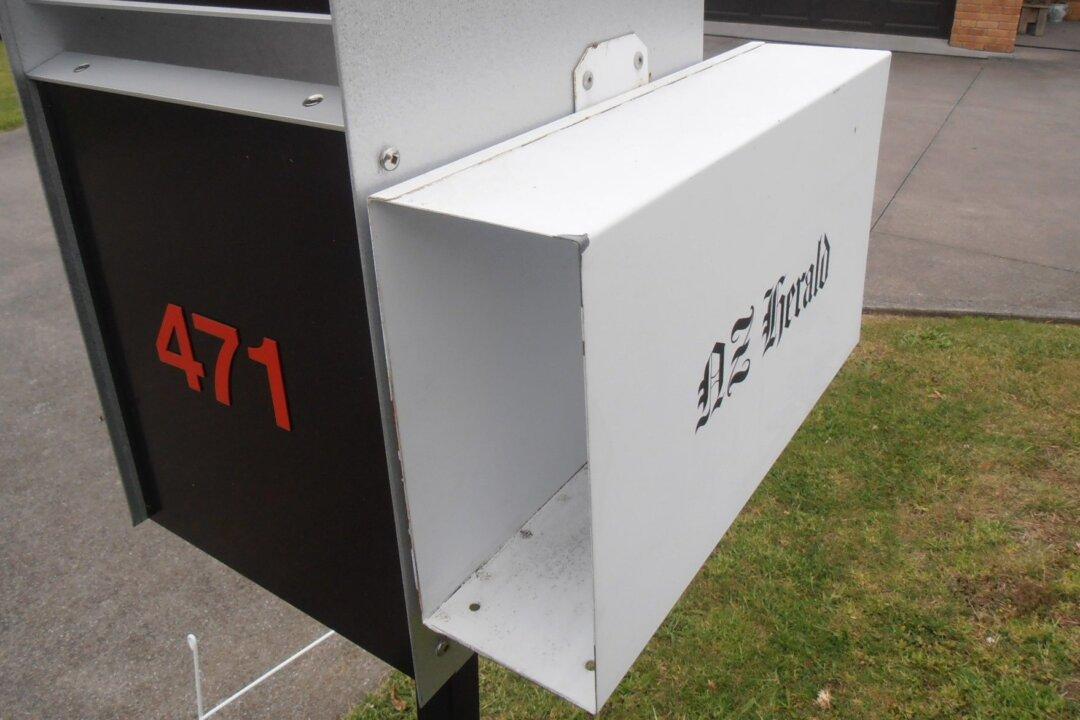The Chinese edition of the New Zealand Herald (NZ Herald) edited translated articles from the NZ Herald that effectively avoided details that were sensitive to the Chinese Communist Party (CCP).
One of the 2017 English-language NZ Herald articles reported that a retiree from China living in New Zealand had been robbed of his life savings. Three paragraphs in the article revealed that the man was a Falun Gong practitioner who had sought refuge in New Zealand to escape the CCP’s persecution. In the version of the story translated and edited for Chinese readers, all paragraphs about the pensioner being a Falun Gong practitioner were omitted.




